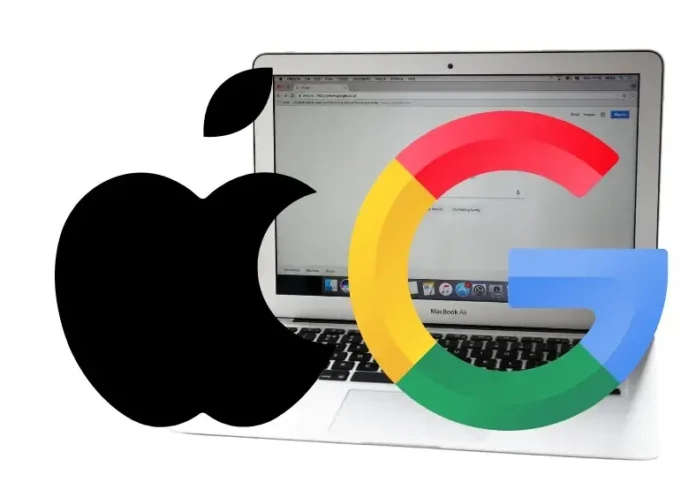CMA Investigates Mobile Browsing Practices of Apple and Google
The Competition and Markets Authority (CMA) will be against Apple’s mobile browsing and Google with the stakes having been raised by an initial investigation showing a blatantly unfair and unchoosy aspect of mobile browsing o on iOS, such as the iPhone. An inquiry specifically highlights the manner in which the two companies are supposedly dominating the just-mentioned mobile browser arena and its effects on innovation.
Background and finding out the investigation
It sprang out of a wider investigation by the CMA into quite how much of a duopoly Apple and Google wield in today’s mobile ecosystem, including operating systems, app stores, and mobile browsers. The findings show that they could dictate the use of mobile browsers as per their rules, thus giving an authoritarian atmosphere devoid of competition for the two businesses and many firms.
| Key Issues Identified | Description |
|---|---|
| Lack of Browser Features | Rival browser providers have reported their inability to offer full browser features on iOS, hindering user experience and innovation. |
| Restrictions on Progressive Web Apps | Smaller app developers expressed desires to utilize progressive web apps to serve mobile users efficiently. However, this technology struggles to gain traction on iOS. |
| Revenue-Sharing Agreement | A financial arrangement between Apple and Google diminishes the economic appeal for other browser developers, further stifling competition. |
| Manipulation of User Choices | Apple and Google may restrict users’ choices by positioning their own browsers as the most accessible or user-friendly options. |
CMA’s Conclusion on Mobile Browsers
Margot Daly, chairperson of the CMA’s independent inquiry group, underscored that competition is vital for innovation and consumer choice. The CMA’s provisional conclusion says the present competitive situation between mobile browsers has not been enough to stimulate innovation across the present UK market.
Apple’s and Google’s Responses
Apple has contested these findings by citing that it encourages competition across all markets. It had expressed fears to be able to interfere with user privacy and security, which are vital to Apple’s operations and ethics.
Quote from Apple:
“Thriving and vibrant markets is what we believe, wherein innovation finds expression. Our focus is forever on our users’ trust.”
Possible Future Implications
It has just that further empowered the CMA to design firms with strategic market status so as to consider such interventions under new powers given particularly to digital markets. This designation could then become the precursor to regulations that will somehow make the browsing experience more competitive across devices running both iOS and Android.
The investigation intersects with a larger narrative in the U.S., where regulators are also trying to get to grips with anti-competitive behavior. For example, in the proposal of the Department of Justice, Google’s parent company would divest its Chrome browser to ensure healthy competition.
Timeline of Relevant Events
| Date | Event |
|---|---|
| November 2024 | CMA publishes preliminary findings on browsing market issues. |
| August 2024 | U.S. ruling against Google in an antitrust case prompts further regulatory scrutiny. |
| Future Action | CMA to consider potential market interventions under new digital market regulations. |
In the end, this investigation conducted by the CMA is an important point for both consumer choice as well as innovation in technology, particularly for the issues related to mobile browsing by Apple and Google. The conclusions present fundamental questions for the future of mobile browsing and the competitive marketplace in digital markets.

